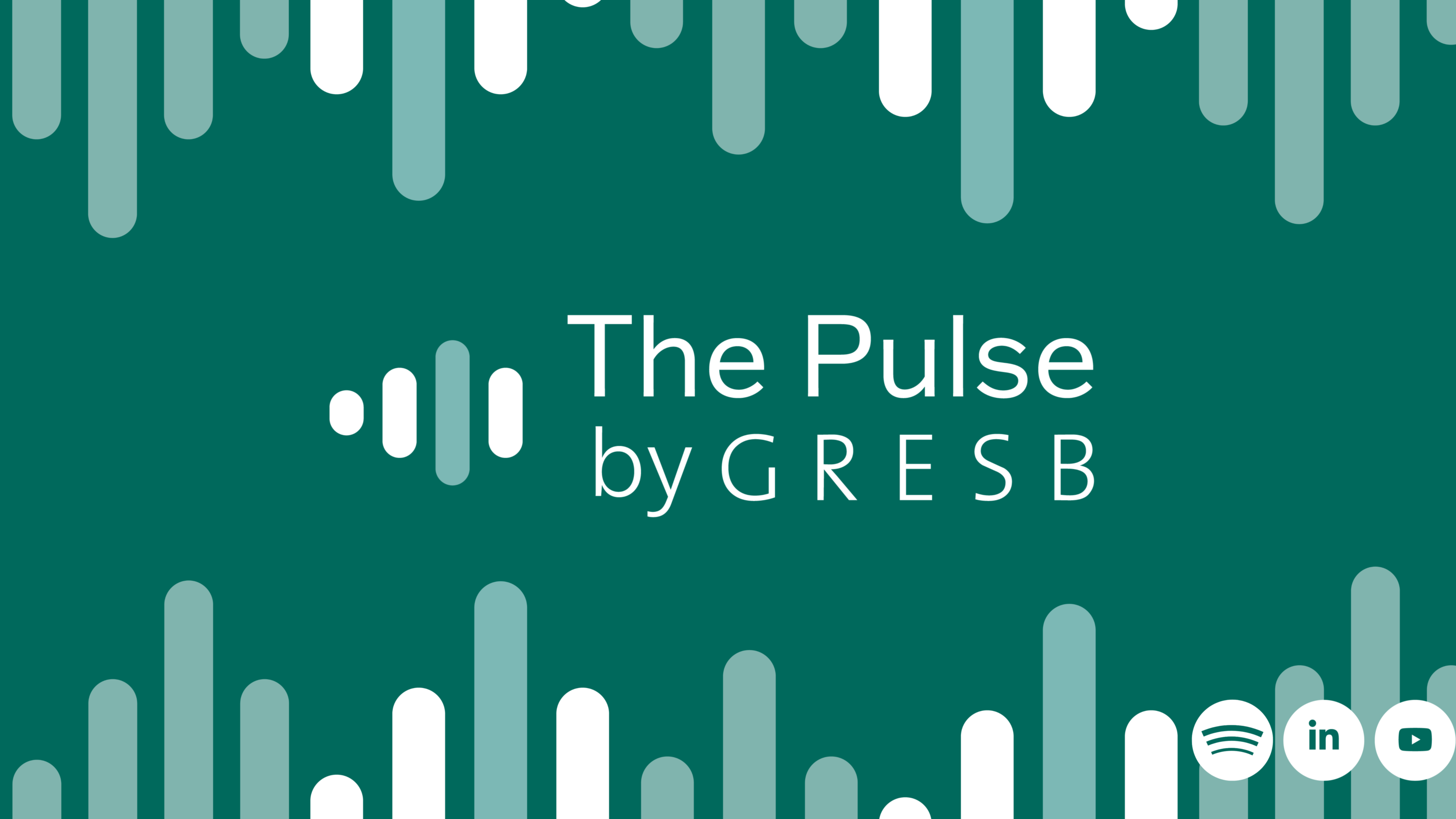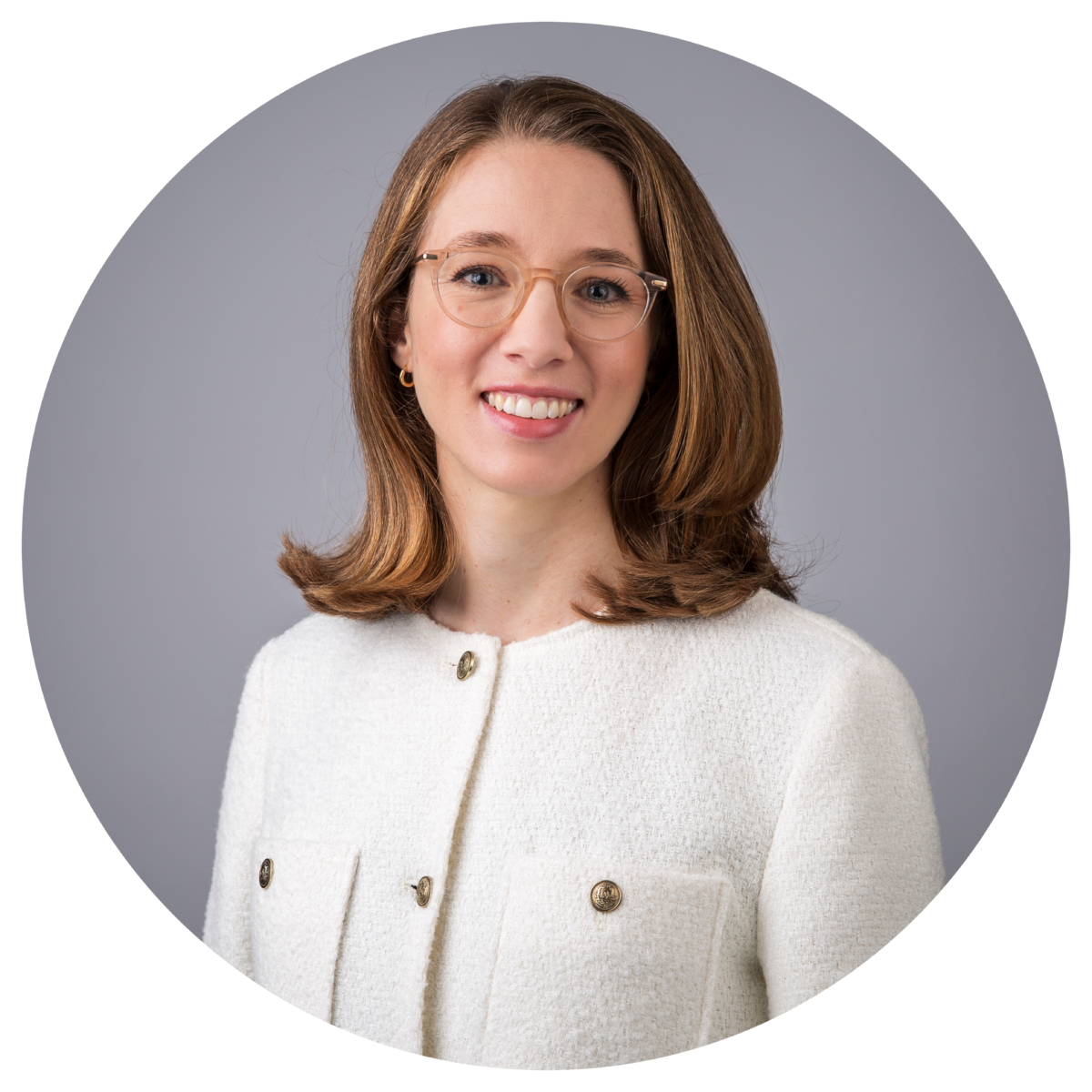
The Pulse by GRESB
The Pulse by GRESB is an insightful content series featuring the GRESB team, partners, GRESB Foundation members, and other experts. Each episode focuses on an important topic related to either GRESB, ESG issues within real assets industry, decarbonization efforts, or the wider market.
- Watch on Youtube
- Listen on Spotify
- Listen on Apple Podcasts
GRESB Results Consultation: Turning data into ESG excellence
In this episode of The Pulse by GRESB, our speakers discuss the GRESB Results Consultation, emphasizing the transformative insights gained from understanding the GRESB scoring process and how it drives sustainability efforts. Watch the episode below, featuring:
Transcript
Can’t listen? Read the full transcript below. Please note that edits have been made for readability.
Mathilde: Welcome to The Pulse by GRESB, our interview series where we discuss important issues in sustainable real assets, from GRESB and ESG to the wider industry. Today, I’m your host, Mathilde Petriat, Chief Customer Success Officer of GRESB, and we’re going to be talking about the GRESB Results Consultation.
We provide this service to our fund manager members following the release of the GRESB results to help them develop a plan for improving their performance in future years. A Results Consultation goal: to provide an in depth understanding of your GRESB assessment results, including detailed insight into the validation process and the allocation of points for individual indicators. Today, I am thrilled to be joined by Nisha Agrawal, Director of Sustainability of QuadReal Property Group. Welcome, Nisha.
Nisha: Thank you so much. Very glad to be here.
Mathilde: Well, Nisha, first question. Could you please describe your organization’s motivation for starting the GRESB assessment?
Nisha: Yeah, absolutely. So early in our journey on sustainability, we had recognized the value of benchmarking amongst our peers and how it was such a good opportunity for us to understand the progress and the pace of progress that was being made in terms of sustainability initiatives, not just within our own market, but globally. We really feel that the GRESB survey is a useful tool for seeing how others are implementing their programs and to see how our programs are doing as well in terms of: Are they meeting what best practices would be or are they lagging behind? Should we be doing more? Where should we be focusing? Where should we be prioritizing?
Mathilde: Great, great to hear that. Could you please tell us what prompted you to participate in the GRESB Results Consultation service? And what did you expect going into the consultation?
Nisha: Yeah, certainly from having had experience with the pre-submission check process, we knew that the Results Consultation would also have some sort of value. And the key things that I think we were expecting to get out from it were refining what the areas of focus should be for our organization. So through the program, you know, organizations can clearly figure out and understand where to focus their efforts and what initiatives they should implement or drive forward more in order for their ESG programs to have the greatest amount of impact, and then how that’s then going to impact their expected GRESB results. I think organizations can expect a very good understanding of how their questions are being evaluated. And then it also, for us, was really beneficial, understanding when we were building out and planning our strategic decisions, it was very helpful for that process as well.
Mathilde: Great, well, then my next question would be what specific insights did you gain from the consultation regarding the validation process and the allocation of GRESB points.
Nisha: I think the key things here was that we were really able to get that understanding of how the points are allocated. If anyone has ever taken a look at the GRESB scoring documentation and tried to do the mental math, it’s very, very complicated. So, the Results Consultation was very helpful in understanding that better. And I think another piece of information that we got from there that was really helpful was also understanding how the reviewers review the evidence. So, when we’re going through and we’re doing the survey, we just respond to the questions, we fill out the text boxes, we provide our documentation and that’s that. But we don’t always necessarily think about the person who’s reviewing it and what they have to think about and what they have to consider. So, it was really helpful for us to get an understanding of that. So that going forward, we could really be strategic about how we prepared the evidence, what kind of explanations we used, how clear we were, and really approach it in a more systematic way.
Mathilde: And could you maybe share an example or an initiative with us that was directly influenced by these Result Consultation insights?
Nisha: So I think one of the key things that we were able to see were through understanding how points were allocated, you can then, you know, figure out how much effort you want to focus on for certain aspects. And so really one of the things that we thought was a low hanging fruit, to be quite honest, was including ESG targets and initiatives and projects into people’s performance evaluation. So that was something that we started with as just a kind of way to earn some points on GRESB. But what it led to was really encouraging everyone in the organization to think about, when I do my job, how can I consider ESG initiatives that I might be able to impact? So it just had a really broad influence across the organization.
Mathilde: Well, that’s fantastic to hear. And could you also tell us how did the results consultation help you understand your GRESB assessment results themselves better?
Nisha: Definitely what it allowed us to do was we were able to then, back to my earlier point, just really figure out where to focus our efforts. So, we’ve been doing GRESB for a number of years. We knew some of the easy things that organizations can undertake, so it really helped us to focus our efforts in terms of what are the next level things that we can implement, in terms of how we do ESG, across the portfolio, and how are the scores then impacted by making those changes?
Mathilde: Great, fantastic. And what advice would you give to other organizations considering the GRESB Results Consultation Service?
Nisha: Yeah, I think this is really, really, the key thing here is to go in with an open mind, similar to the pre-response check, it’s an opportunity to learn. It’s an opportunity to uncover opportunities, and they may even just be simple tweaks that can be made that then have a really big impact on your score. So the best way to maybe explain that from my perspective is to just give you an example, and that example is we did not have a very systematic way of creating our evidence documentations. We didn’t have a cover page. You know, we didn’t highlight the sections within our evidence, maybe it wasn’t clear. So, when we went through this process, we realized that, oh, all you need to do is just have a cover page and, you know, point to the specific areas within the document where your evidence can be found. So, it really was a useful exercise for us to go through to get that understanding, and, you know, change doesn’t happen overnight, so it will take time to get a more streamlined process, of completing the GRESB submission. So, it’s continuous improvement. Take it with a grain of salt, and go in with an open mind.
Mathilde: That’s a great advice. And do you intend to participate in the result consultation service again this year? And if so, what would you hope to achieve in the future?
Nisha: I think, my key response to that is in terms of the GRESB process and the survey itself, it’s continuously evolving and improving and, you know, you’re trying to figure out where you’re differentiating yourself as an organization. So certainly as the survey continues to evolve, the value of that service will also evolve. And so I can definitely consider using it again in the future. And I think the other thing is too, it also really is useful for firms who have made either large changes or they’ve made a single change in their program and they just want to see how that’s going to impact their GRESB results, it’s very useful for that process. And then also those who are earlier in their journey on sustainability, it’s really useful to know how, again, their limited resources can drive greater change within their portfolios.
Mathilde: And with that, that’s about all the time we have for today’s episode of The Pulse. Thank you, Nisha, for taking the time to join me and sharing your insights. We’re constantly developing new content and we’d love to hear from you on your topics that you would wish us to bring in future episodes. Leave a comment or get in touch with us at [email protected]. I’ve been your host, Mathilde Petriat. See you next time on The Pulse by GRESB.

